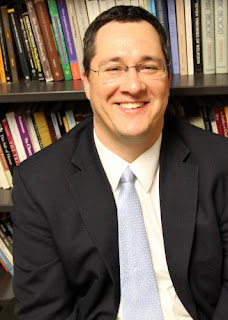Tomorrow is an unusual but exciting Chapel service featuring special guest John Perkins!
Dr. Perkins has been an active participant in the civil rights movement and is the founder of multiple organizations working for Christian community development, most recently through his founding of the John M. Perkins Foundation for Reconciliation & Development, Inc. This organization exists for the sole purpose of supporting their mission of advancing the principles of Christian community development and racial reconciliation throughout the world.
There are several speaking events on the SPU campus this week featuring both Dr. Perkins and author Shane Claiborne.
Event 1: Premiere of new documentary about the life of Dr. Perkins, Let Justice Roll Down
Monday, April 25 at 7 pm in Upper Gwinn Hall
Event 2: The Perkins Annual Lecture
Tuesday, April 26 at 9:30 am in FFMC
Event 3: Community Forum (with author Shane Claiborne; Dr. Darrell Guder of Princeton Theological Seminary; and Dr. Kim Segall of Seattle Pacific University)
Tuesday, April 26 at 1 pm in Demaray 150.
Event 4: group service (only Shane Claiborne)
Wednesday, April 27 at 8:30 pm
Event 4: group service (only Shane Claiborne)
Wednesday, April 27 at 8:30 pm
For more details, check out the SPU event web page on Perkins here!





